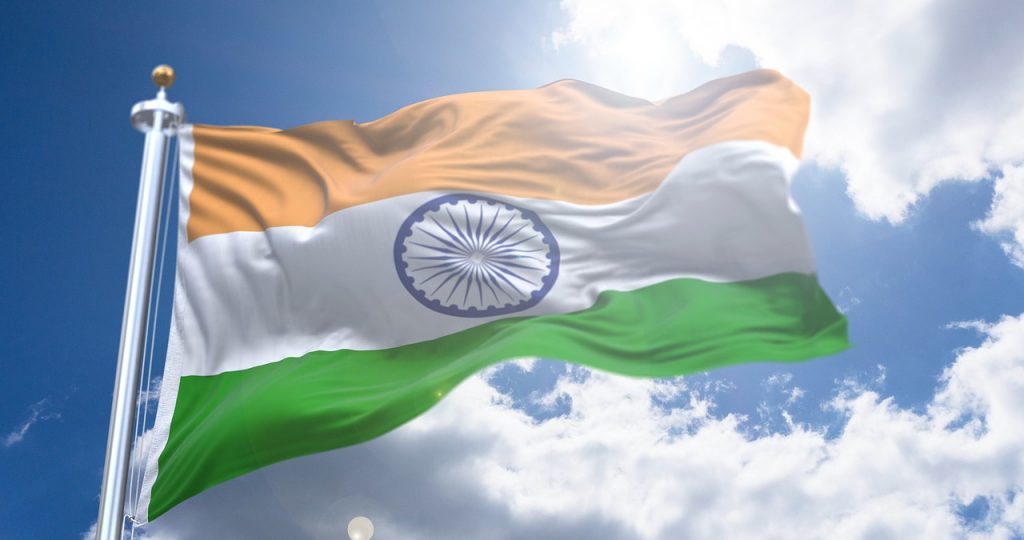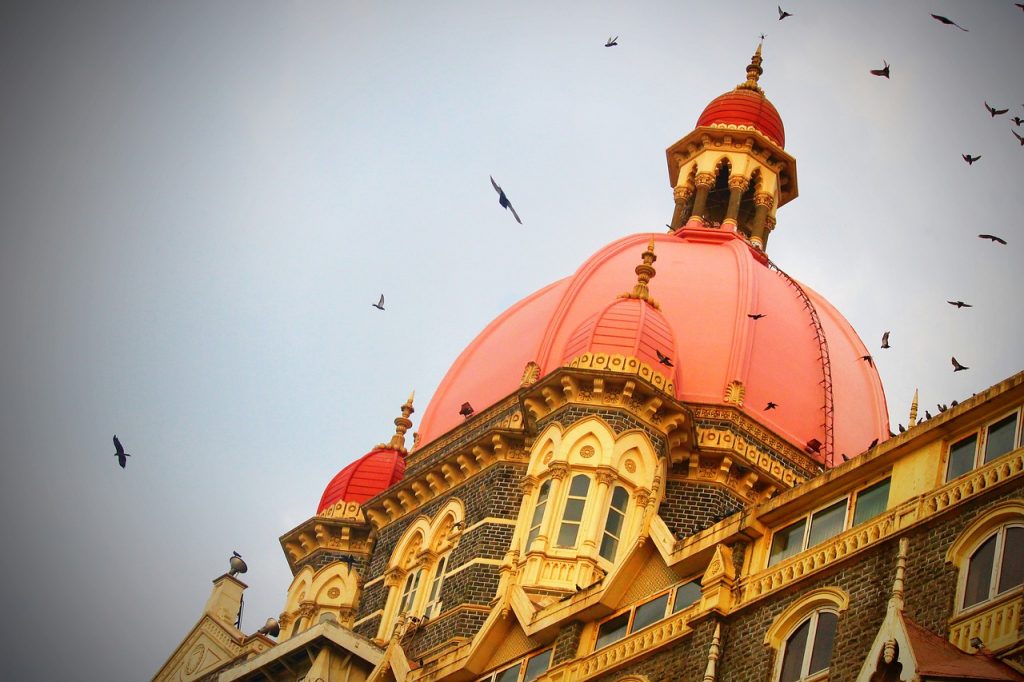The Bangladesh Liberation War, an armed conflict between West Pakistanis and East Pakistanis, which eventually led to the formation of Bangladesh, was the main trigger for the India-Pakistan war of 1971. When India won this war, the region that was formerly called East Pakistan acquired the identity of an independent country and came to be known as Bangladesh. The Indo-Pakistani war of 1971 was one of the shortest and fastest victories in the history of military warfare. It was also the largest military surrender after World War II.
East Pakistan wanted to secede from Pakistan, and the local nationalist leaders had officially called for the same in March 1971. When Pakistan launched the gruesome Op Searchlight to kill the Bengali intellectuals, the Mukti Bahini was formed. India was supportive of this, however, it entered into the war only when Indian air bases were attacked by Pakistan. On December 3, 1971, the Pakistani Air Force carried out aerial strikes on 11 Indian air bases. This marked the beginning of the 1971 Indo-Pak war, in which India fought on the side of the Bengali nationalist forces.
Just a few days after the war began, India emerged victorious. On December 16, 1977, The Eastern Command of the Pakistani Military signed the instrument of surrender. This agreement was signed in Dhaka, and it marked the formation of the new nation of Bangladesh. About 93,000 Pakistani servicemen were taken prisoner by the Indian Army. They included nearly 80,000 people from the Pakistani Armed Forces, some Bengali soldiers who were loyal to Pakistan and around 11,000 civilians.
The Pakistani military is said to have killed between 300,000 to 3,000,000 civilians in Bangladesh. 8-10 million people came for refuge to India. There was a clear attempt to kill Bengali intellectuals in order to squash the idea of Bengali nationalism. Members of Pakistani military and the supporting pro Pakistani Islamist militias are said to have raped around 200,000 to 400,000 Bangladeshi women.
Initially, Indira Gandhi was reluctant to start the war and she had also requested other countries to pressurize Pakistan to stop its atrocities. However, India had to take quick action to curb the cruel acts and hence a full-scale war had to be launched. All three forces; army, navy and the air force fought in unison during the Indo-Pak war of 1971.
The naval war included attacks on the Karachi port, in which Pakistan lost many of its sailors, ships and much of its reserve fuel, and isolation of East Pakistan with a naval blockade in the Bay of Bengal. Pakistan was said to have lost half its navy in this war.
In the air operations, Pakistan used offensive air attacks to start the war in the West, but took a defensive stance in the East. The lack of PAF presence in the Eastern theatre hurried to collapse of the ground forces of the Pakistani Army.
The Pakistan Army Eastern Command aimed to defend Dhaka by keeping more forces in the Dhaka Bowl, the region surrounding the rivers Jamuna, Padma, and Meghna. Pakistani forces were going to fight defensive battles and finally take positions to defend the Dhaka Bowl. The Indian Army Chief and some other main personnel were of the view that after facing defeat at major seaports, Pakistani forces at the Dhaka Bowl would surrender. Pakistanis had thought that there would be brigade size attacks in the Dhaka Bowl and that this region would be difficult to access. The Pakistani DMO had thought that India would not have adequate forces to free Dhaka. However, superior strategy and effective use of all combat resources ensured the rapid capitulation of Pakistani morale and spirit. The 93,000 POWs could have fought a long war but then Pakistani leadership had been defeated by superior India military strategy.
On December 16, 1971, the Indian Army encircled Dacca and gave an ultimatum to Pakistan to surrender. Pakistan called for a ceasefire, marking the culmination of the Indo-Pak war in which India won.
India received mixed reactions from different countries, but as rightly said by Union Defence Minister Rajnath Singh, in a recent event, the 1971 Indo-Pak war is one of the few wars in history that was fought to protect the dignity of humanity and democracy, and not to grab power. During his public address at the IAF Conclave organized as part of the Swarnim Vijay Varsh in Bengluru, to mark the 50th anniversary of the 1971 India-Pakistan war, Rajnath Singh remarked that the 1971 war was not fought to acquire territory but to protect humanity and democracy.
In this war, Indian forces dominated on all fronts which led Pakistan to surrender in a very short time. The war resulted in the liberation of Bangladesh and the formation of this new nation.



